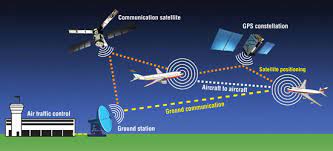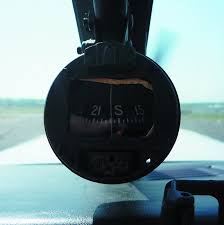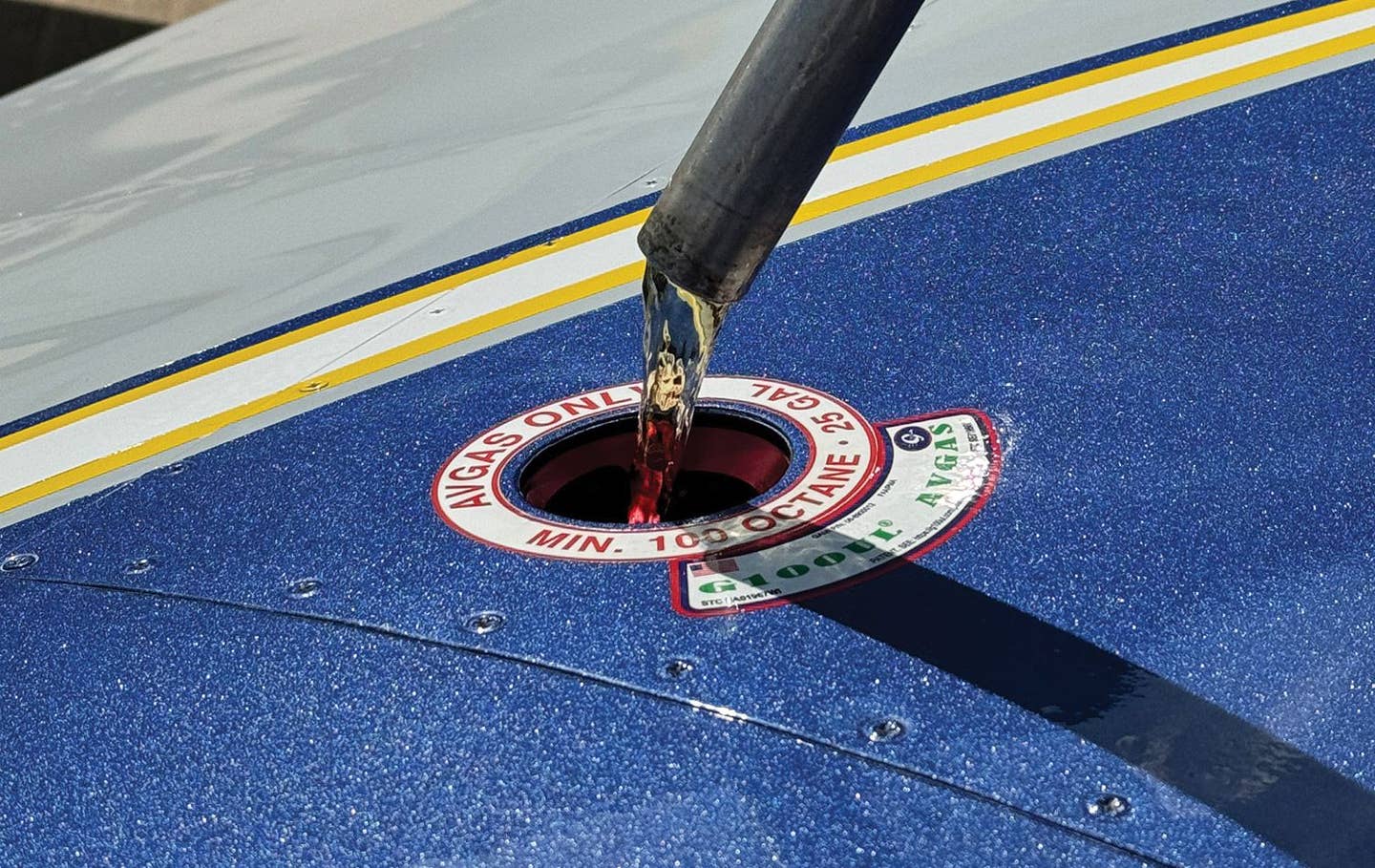Court-Clogging Supreme Court Action A Drag On Progress
The Supreme Court has upended the regulatory process with the end of the Chevron deference.

On the surface it looks like a classic conservative move, ostensibly putting bureaucracy in its place and giving business the ability to challenge government when it gets in the way. But critics of the Supreme Court's decision last Friday to quash the so-called Chevron Deference say the move will create a logjam that will bog down needed regulations in a society where AI-fueled tech is changing the way we live at breakneck speed.
The Court voted 6-3 along Conservative/Liberal lines to end the practice, which required judges to enforce federal agency interpretations of U.S. laws that are considered ambiguous. Critics said the doctrine gave the bureaucracy too much power in crafting regulations while proponents said it ensured laws were vetted by experts in the fields they affected. The Court essentially said the bureaucracy has no business creating or interpreting policy and put those burdens on Congress and the courts respectively.
But those stuck in the middle of the governmental turf war say the inevitable result is a logjam of challenges to laws enacted by elected officials incapable or disinterested in writing good laws. Hence the ambiguity thing. In order to make sure the laws stand up to the scrutiny of the many detractors that always surface when new laws are enacted, they would have to be carefully crafted to ensure they are not ambiguous. Frankly, the track record on that is not good, largely because of the Chevron deference.
Until Friday, Congress (more accurately the army of aides and assistants who do the actual work) could come up with a vague notion of what they wanted to accomplish and leave finessing it to workability up to the experts in the bureaucracy affected. When the bureaucracy was done, challenges to their work were limited by the Chevron deference which directed judges to defer to their expertise on the often-arcane subject matter.
From now on, anyone will be free to mount a legal challenge to the new law and it will be up to the courts, particularly judges, to decide whether the laws are clear and enforceable. The clogs will be immediate and will grow immense to the point where any law that affects the nuts and bolts operation of government can be challenged by anyone who thinks he or she is agrieved by it.
The broad perception is that big business is licking its legal chops at the opportunity to stop any law that could cost it money simply by dropping a writ or two. Considering the hue and cry that goes up from the aviation industry when new laws bring that threat, it's inevitable that the legal quagmire will suck at the FAA's boots.
According to a lawyer we consulted, only new laws will be affected so the ones we've learned to live with aren't going anywhere. But I'd argue that no other area of society is undergoing as much fundamental change as aviation and the process to regulate that change is already almost unworkable. Turning the basic function of government over to the courts will constipate it utterly, right?
Maybe not. Maybe what will happen is that Congress will occasionally pause partisan politics to craft legislation that works and is enforceable, eliminating the basis for challenges in the first place. And maybe the justice system will meet the coming challenges head on and ensure that anything that reaches a judge has merits beyond saving industry a few bucks. And maybe my hair will turn brown again.
If I was in the drone industry or automation or aviation-related AI or eVTOL business, I would be especially mindful about how this ruling might affect my business's already torturous journey through the regulatory process. There are a lot of big guns out there that don't want you or want to control you and the Supreme Court just gave them bump stocks.






